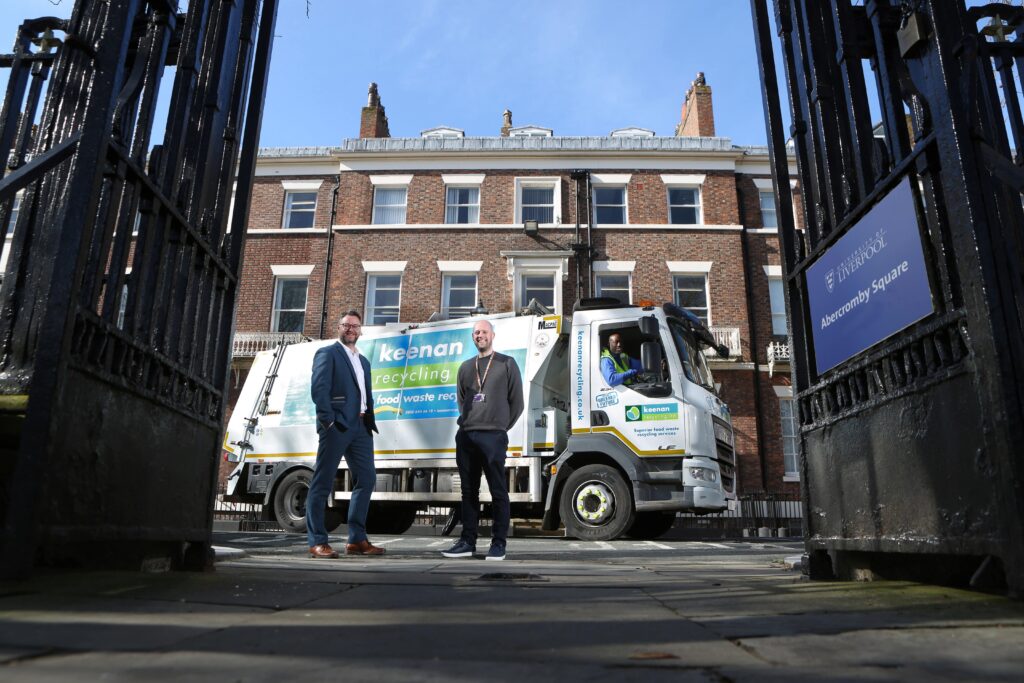The government, in the form of the Department of the Environment, Food and Rural Affairs, has this week defended its waste strategy against the highly publicised criticism it received from the Environment Select Committee last April. In a written reply to the committee it said that it did not agree with most of the Committee's criticisms and did not think that the “National Waste Strategy is too short term and unambitious”.
But, DEFRA conceded that the strategy does need reviewing, which is why the Performance and Innovation Unit is carrying out its research. The comments to the committee would appear to be in some contrast with a speech on Tuesday this week in which Margaret Beckett said the Waste Strategy was “only a start.”
Vermin
With fears over the composting of kitchen and garden waste still causing problems for local authorities, DEFRA said nothing to ease the situation by explaining that fear of vermin is been behind the exclusion of composting from the targets. The department raised questions over the benefits of composting and said: “There is a need to assess objectively the benefits of home composting. When done badly home composting can have a number of negative effects including attracting vermin and producing methane.” The government added that composting is excluded from local authority targets because “there is no accurate auditable methodology currently for determining how much waste is treated in this way”.
In response to the Committee's view that the waste strategy's recycling targets were low compared with other countries in Europe, the government said that higher recycling rates in other counties can be attributed to different methods of calculating recycling rates and different definitions of waste.
Insufficient
But the government did accept some of the criticisms and agreed that the targets are insufficient to deliver waste minimisation and said that this was why the PIU study is needed. “The government acknowledges that the time is ripe to reassess how to ensure that the vision and targets in the strategy are delivered. It has therefore announced a review of the waste strategy to be undertaken by the Performance and Innovation Unit (PIU) which will deliver initial findings in the first half of next year with a final report in the summer.”
High quality
The government also defended the work of the Waste and Resources Action Programme (WRAP) which was questioned by the Select Committee. It said: “The government believes that WRAP has staff of high quality and has made a very good start in delivering its programme. It has already been able to announce plans to deliver a further 300,000 tonnes per year of capacity to recycle newsprint. This step will make a major difference to the ability of local authorities to meet their statutory targets for recycling and composting of household waste and will underpin the government's voluntary agreement with the Newspaper Publisher's Association on the recycled content of their publications.”











Subscribe for free